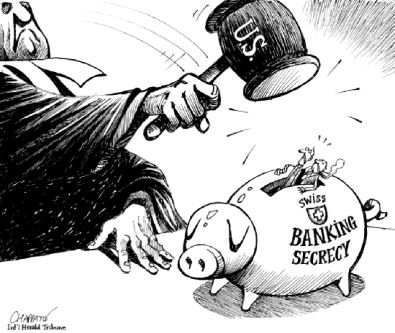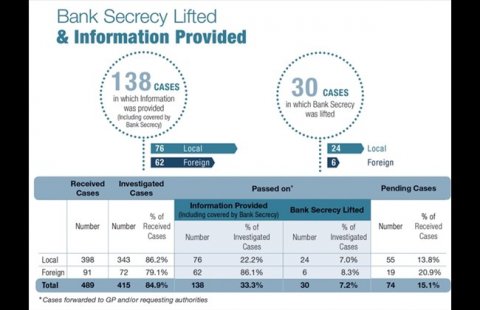Let's go back to history for a few centuries. The practice of confidentiality was initiated by Italian merchants in the 17th century and it wasn't till 1934 that Switzerland codified its Banking Act making it a crime to divulge client information to a third party without prior consent. The stability of the Swiss currency and the neutrality of its politics influenced the large capital inflows during WWII and after Swiss banks protected German Jewish assets as well as Nazi funds/assets. And the country catered to French, Italian and German clients in these different cities. Several decades after the end of WWII, Switzerland is facing a lot of pressure to loosen up its bank secrecy as other regulators would pay closer looks to tax evasion and tax fraud. More on Swiss banking here. And for more specific info on how the USA tackled tax evasion and fraud with Swiss Bank Frey, read this.
Where does Lebanon stand in regards to bank secrecy?
Back in the mid-1950s, Lebanon promulgated its Bank Secrecy Law. The motive was both economical -attracting foreign deposits- and political -foreign deposits would support political stability. The Bank Secrecy Law would bind all managers and employees of the financial institution "to absolute secrecy in favor of the bank’s clients and [they] may not disclose to anyone, whether a private individual or an administrative, military or judicial authority, the names of clients, their assets and facts concerning them" (see ABL article). What this meant was that high net-worth individuals and/or entities could benefit from bank-client confidentiality. The privileged handpicked clients could have numbered accounts and/or an underground bank vault access. Most employees of the bank would not know who were the real people behind the screen name and/or number. It is the duty of all banks operating in Lebanon, Lebanese, or branches of foreign banks, to keep information related to the name, the funds, and or transactions of the said clients confidential. Any infringement to the secrecy is punishable under the Criminal Code by 3 months to one-year imprisonment and the charged can never be a banker nor be employed by a bank anymore. Exceptions to the secrecy would occur if the deceased owner of the account had left written permission to his/her heirs, if the account holder was declared bankrupt and if judicial authorities would be acting against illegal enrichment.


